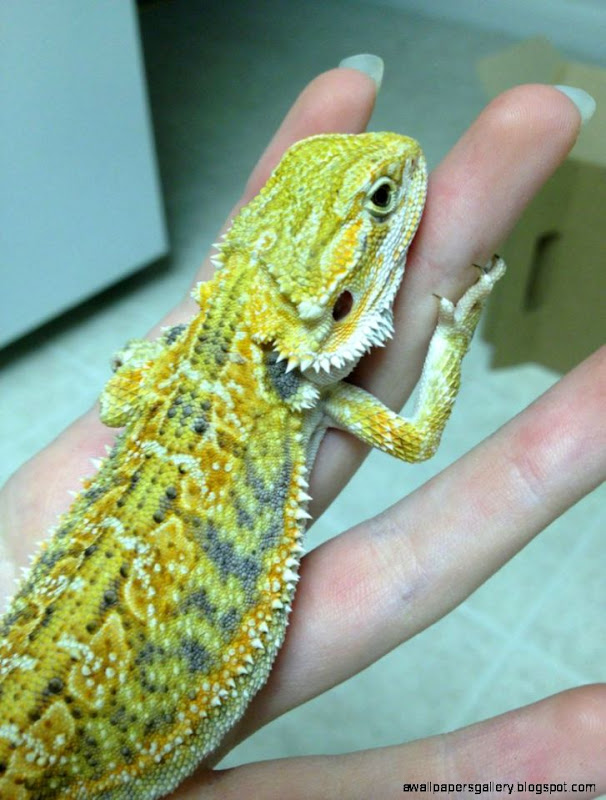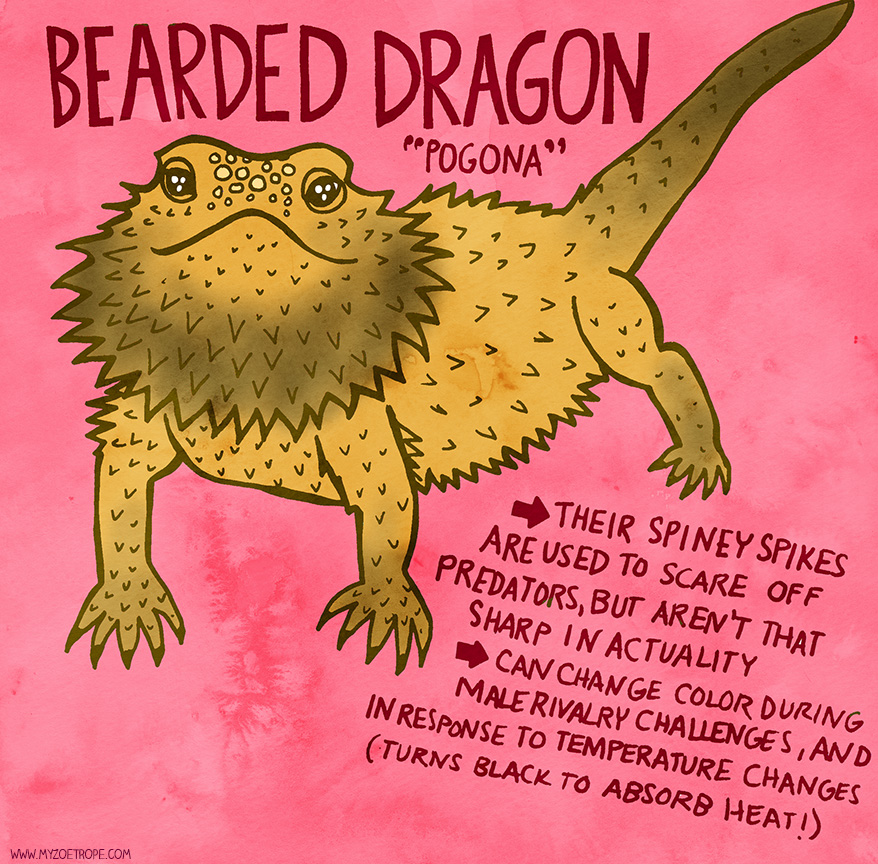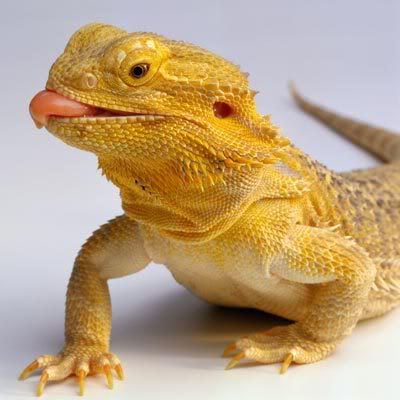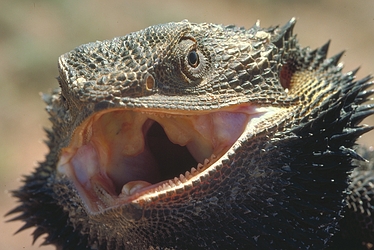The Beginner's Guide to Bearded Dragon Eats: What You Need to Know
Introduction
Bearded dragons are among the most popular reptile pets these days. They are gentle, friendly and curious creatures that require minimal care. One of the essential aspects of bearded dragon care is feeding. Proper nutrition is crucial for the health and well-being of your beardie. In this blog post, we will cover everything you need to know about bearded dragon eats.
What Do Bearded Dragons Eat?
Bearded dragons are omnivores, which means they eat both plant and animal matter. The ideal diet should consist of 80% vegetables, 20% insects, and the occasional treat. Here are some of the best foods for your bearded dragon:
Vegetables
- Collard greens
- Mustard greens
- Turnip greens
- Kale
- Endive
- Escalor
- Watercress
- Carrots
- Bell peppers
- Squash
- Green beans
- Peas
- Sweet potatoes
- Parsnips
- Beets
- Cabbage
- Broccoli
- Cauliflower
- Zucchini
Insects
- Crickets
- Mealworms
- Dubia Roaches
- Superworms
- Waxworms
- Butterworms
Treats
- Pinkies (baby mice)
- Hornworms
- Silkworms
- Phoenix worms
- Giant mealworms
- Earthworms
- Canned insects
How Often To Feed Your Bearded Dragon?
The frequency of feeding depends on the age and size of your bearded dragon. Juvenile beardies require more frequent feedings than adults. Here is a general guideline:
- 0-3 months: 3-4 small meals per day
- 3-6 months: 2-3 small/medium meals per day
- 6-12 months: 1-2 medium-sized meals per day
- 12+ months: 1 large meal per day
Ensure your beardie has access to clean water at all times. Change the water daily and clean the water dish weekly. A shallow dish is recommended to avoid drowning.
How To Prepare Bearded Dragon Eats?
Proper preparation is key to providing your bearded dragon with a nutritious and balanced diet. Here are some tips for preparing different types of food:
Vegetables
- Wash thoroughly to remove any chemicals or pesticides.
- Chop into small, bite-sized pieces.
- Serve raw or lightly steamed.
- Avoid feeding cruciferous vegetables (such as kale, broccoli, and cauliflower) in excess as they can interfere with calcium absorption and cause health issues.
Insects
- Avoid feeding wild-caught insects as they may carry parasites or diseases.
- Provide a varied diet of different insects to avoid nutritional deficiencies.
- Feed insects that are smaller than the space between your beardie’s eyes.
- Dust insects with calcium powder before feeding.
Treats
Treats should be given sparingly as they are high in fat and can cause health problems in excess. It is also crucial to buy treats from reputable suppliers to ensure they are safe and healthy for your beardie.
Conclusion
Bearded dragons are fascinating pets that make great companions. Feeding them with nutritious, well-balanced meals is essential to their health and well-being. By following the guidelines stated in this post, you can ensure your beardie is getting the right kind and amount of food.
If you have any questions or concerns about bearded dragon eats, consult with your veterinarian or a reptile specialist. They can provide you with valuable information and guidance on how to give your beardie the best care possible.









